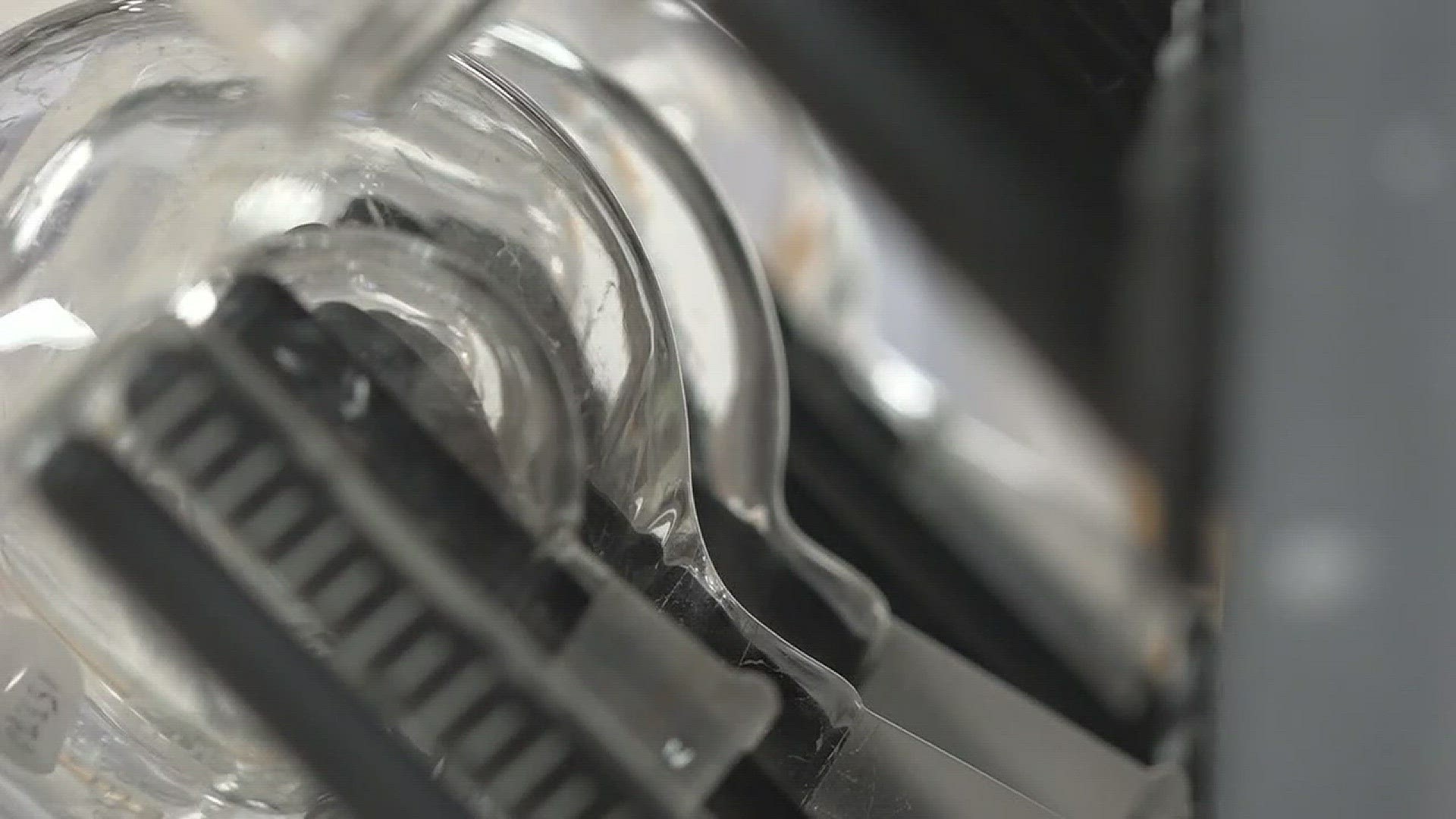About a dozen researchers and scientists at The University of Texas at Austin have created a potentially colossal discovery in medicine.
After years of generating new compounds for The National Institutes of Health, UT chemistry professor Stephen Martin and researcher James Sahn learned some compounds of pain relievers tested acted on a previously unknown pain pathway.
"Targeting this receptor that is located throughout the brain and spinal cord might have therapeutic effects in a variety of diseases,” Sahn said.
It's called UKH-1114, a game-changer for people who suffer from chronic pain resulting from major injuries, diabetes or chemotherapy. So far, the team says the compound is considered non-addictive.
UKH-1114 formula lasts longer (days rather than hours) and can be used at a much lower dosage (about one-sixth when used on injured mice) than other pain relievers on the market, such as gabapentin.
"It would give patients suffering from pain a much better option,” Sahn added.
For Sahn, it was important to include his wife in the name of the compound, she was diagnosed with breast cancer in 2012.
"I saw first-hand what people have to go through for neuropathic pain. We thought it was fitting to name this experimental lead with her initials UKH, just as tribute to her,” he said.
If proven safe for humans, it could address one of the leading issues Americans face -- opioid addiction.
In 2015, more than 15,000 people died from prescription overdoses, and more than 1,000 people are sent to the emergency room daily for misuse.
"Similar molecules have addictive potential but because they don't target receptors with addiction and reward, it's quite likely it will be free of this unwanted side effect,” Sahn explained.
This team is still in the beginning stages, taking at least five years before any real progress can be made
"We have a long way to go, we have a lot of animal testing that needs to be done, we have to make compounds that can be taken orally,” Professor Martin said.
It’s a journey these researchers are ready to take on. A patent application has already been filed for the compound.
"It's a relatively small team but it's a very effective team and a very motivated team.”

